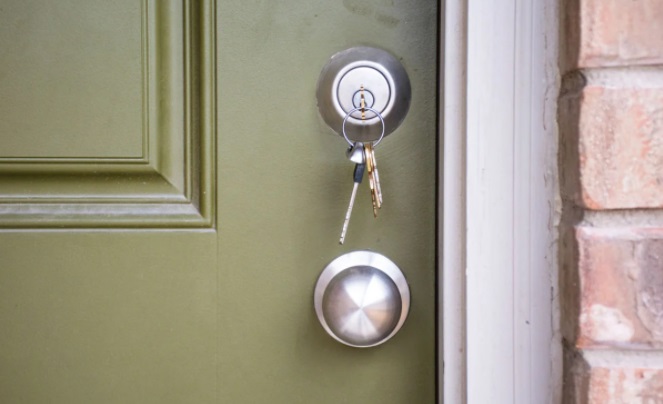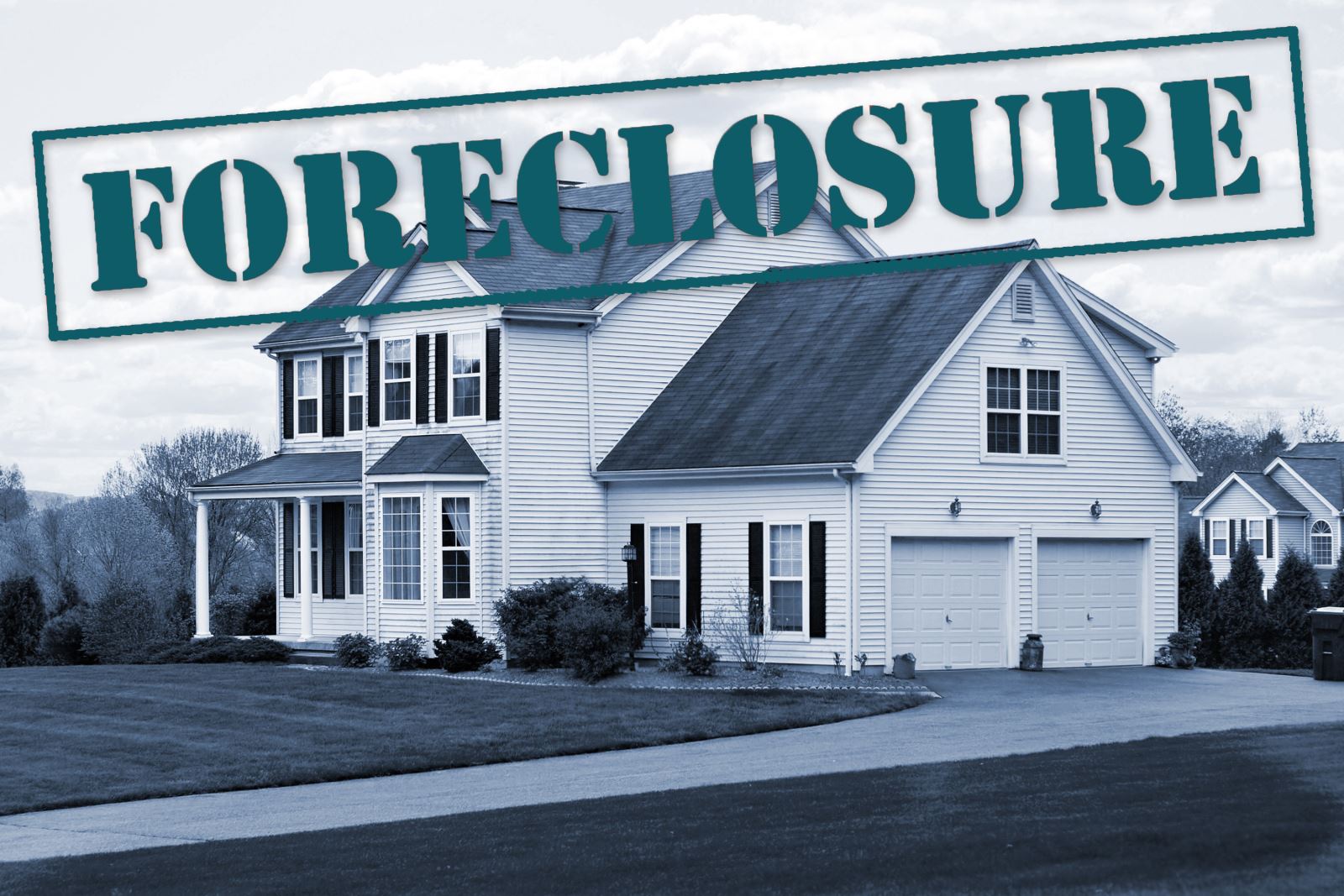Take Care of These Tasks Before Moving

Buying a home is so exciting, and unless your new home is brand new construction or newly renovated, there may be a few projects you have planned. If any of these plans are in the current budget, get them completed before moving:
-
First things first, change all locks on the house, including the garage door and any outbuildings.
-
Painting interior walls would be finished sooner if done before getting boxes and furniture in the house.
-
Most sellers are required to leave the house and property clean as a whistle, but doing a deep clean on your own or hiring a pro to do the job will make you feel better, knowing it was done. Have hard surfaces steam-cleaned to ensure that as much dirt, grease, and germs have been blasted away.
-
Any flooring projects you would like done would go more smoothly if completed before living there.
-
Have a look at electrical outlets in each room and add or move them as needed. Consider upgrading outlets to include USB plugs as well, making it more convenient to charge your gadgets.
-
Call an HVAC repair person and have the AC unit thoroughly cleaned and ask if they offer a service plan so that you do not have to schedule this twice per year.
-
If getting new toilets is not possible, at least purchase and install new seats. In case the bolts are stubborn, The Family Handyman offers some help in getting the old seat off.
-
The security system should be up and running before moving, so check any existing installations and decide to upgrade or not. Get the internet connection established so you can test everything so it will be ready when you bring your belongings.
Any major renovations to the house would make life easier for you and your family if they are finished or nearly so by the time you are ready to move in. Otherwise, stay a while before you decide if the remodel is exactly what you need. Once the big things are done, enjoying your new home, and getting to know your neighbors will be the number one priority.
Courtesy of New Castle County DE Realtors Tucker Robbins and Carol Arnott Robbins.
Photo credit: Bob Vila
.jpg)













